Florida is known for its sunshine — and its hurricanes. Both of those make a compelling case for putting solar panels on your home and perhaps installing a battery to provide you with backup power, keeping you energy independent in the case of inclement weather.
The cost of going solar has been consistently dropping as we see advances in solar panel technology. There’s also never been a better time to go solar, as the Inflation Reduction Act came bundled with a federal tax credit that’ll provide you a hefty 30% rebate on the cost of your solar panels.
Florida has some state incentives that are designed to make your solar switch a better investment, as well. Property and sales tax exemptions on solar panels help make the investment a little less pricey, and net metering policies let you “sell” your excess energy to gain credits for when your solar panels don’t produce enough energy for your household.
In order to get started on your energy independence journey, you’ll need to pick a solar installer. We’ve put together a guide to some of the top solar panel installers in Florida, along with other information you’ll need to know as you choose to go solar.
Best national solar panel companies in Florida
Here are a few of our picks for the best national solar companies that service Florida.
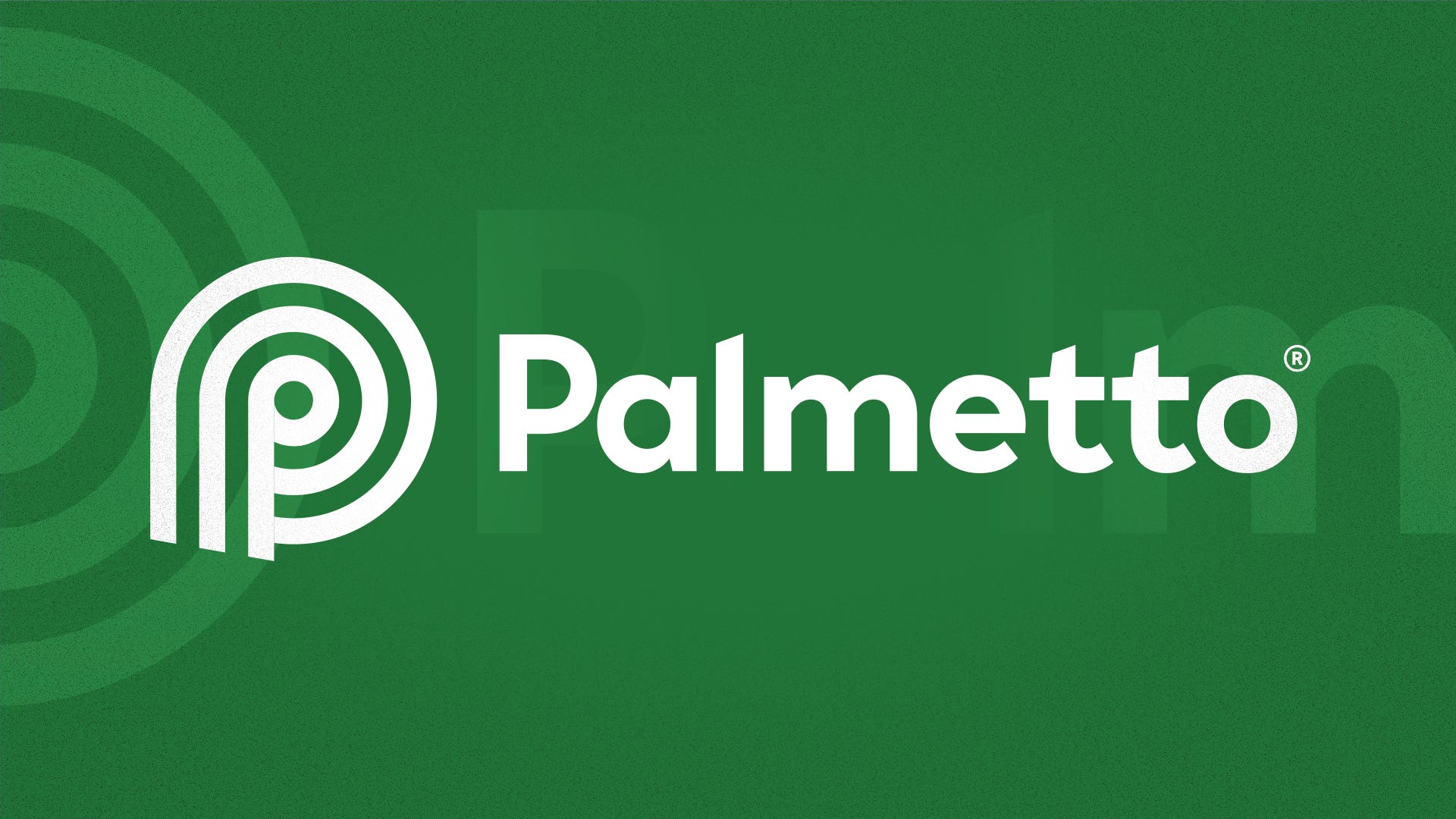
Palmetto Solar
Best overall
Solar panels are typically low maintenance equipment, but they’re also unfamiliar. If you want to reap the benefits of solar but will have a bit more peace of mind if someone else is making sure it’s working, Palmetto might be a good fit for you. Just remember to add the cost of Palmetto’s monitoring service in to your payback period calculations.
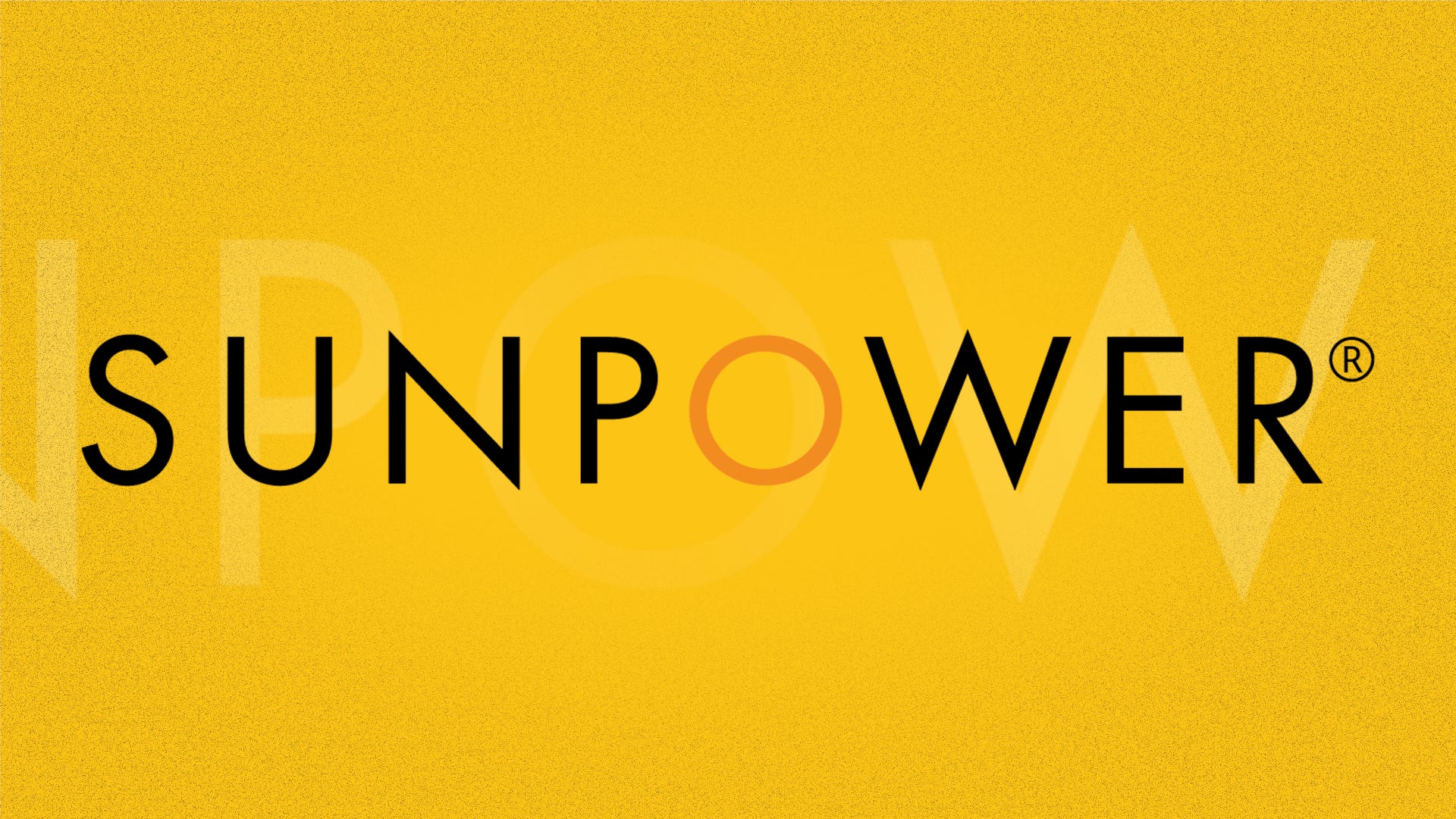
SunPower Solar
Best solar panels
If you’re looking for top-of-the-line solar panels, SunPower is your best choice. But don’t write it off if you’re looking for a less flashy installation that will get the job done. This year it started installing Qcells panels, which should make an installation from the longest-tenured company on our list available to more people.
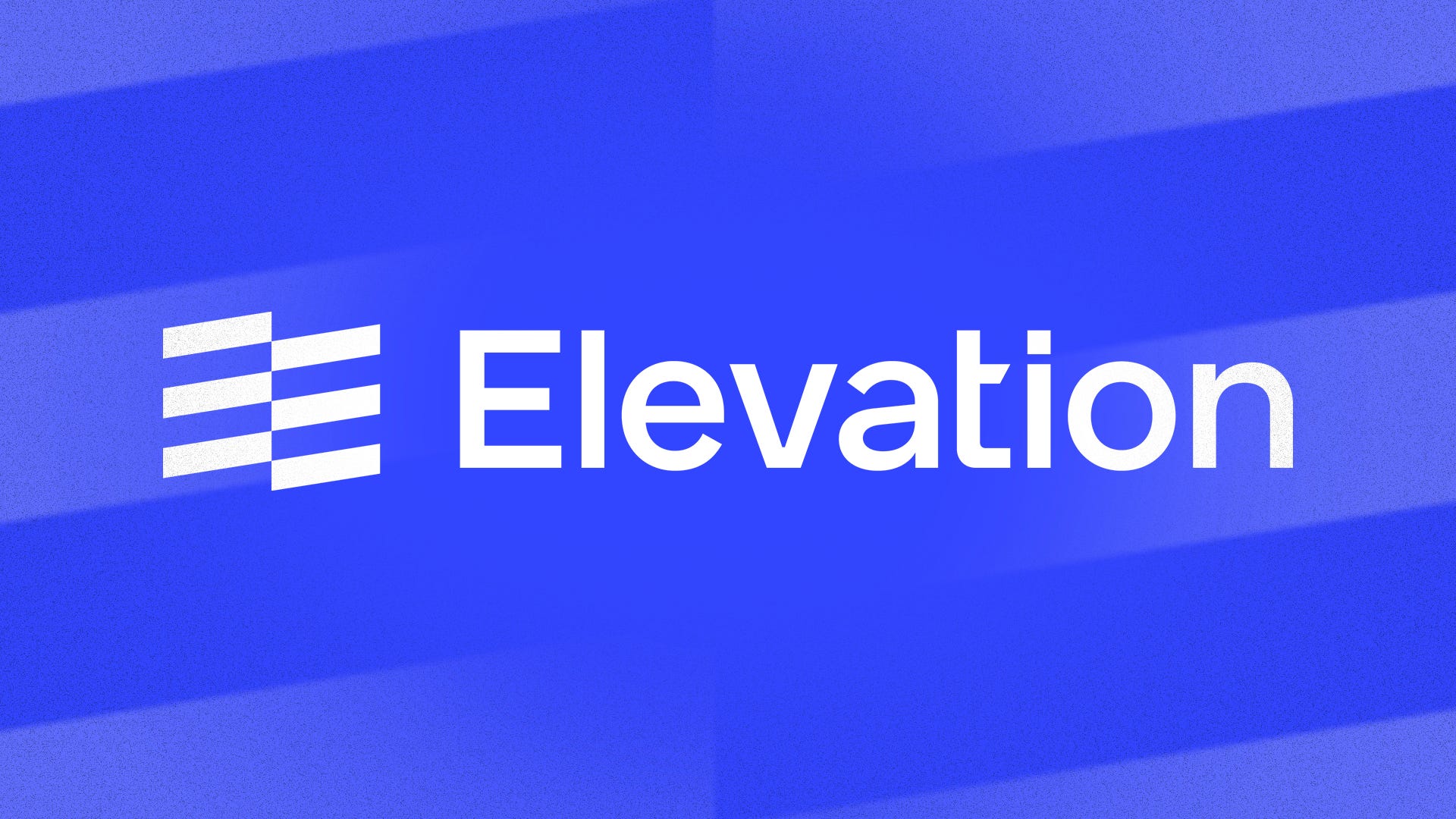
Elevation
Whole home approach
Elevation’s focus on your home’s energy efficiency isn’t the norm in the industry. If you’re planning on addressing energy efficiency first, working with Elevation allows you to keep the whole process with one company. Elevation’s solar equipment comes from well-established and well-regarded companies. Elevation’s warranties on workmanship and weatherization could be a bit longer.

Freedom Forever
Best for cash customers
Include Freedom Forever in your search if you want the backing of a national company that installs a wide variety of the most popular solar equipment available. Freedom Forever also extends a couple of products that take some of the pain and risk out of going solar, like a production guarantee and an escrow option with cash purchases. Online reviews say customer satisfaction has been low of late, though the company says that’s changing.
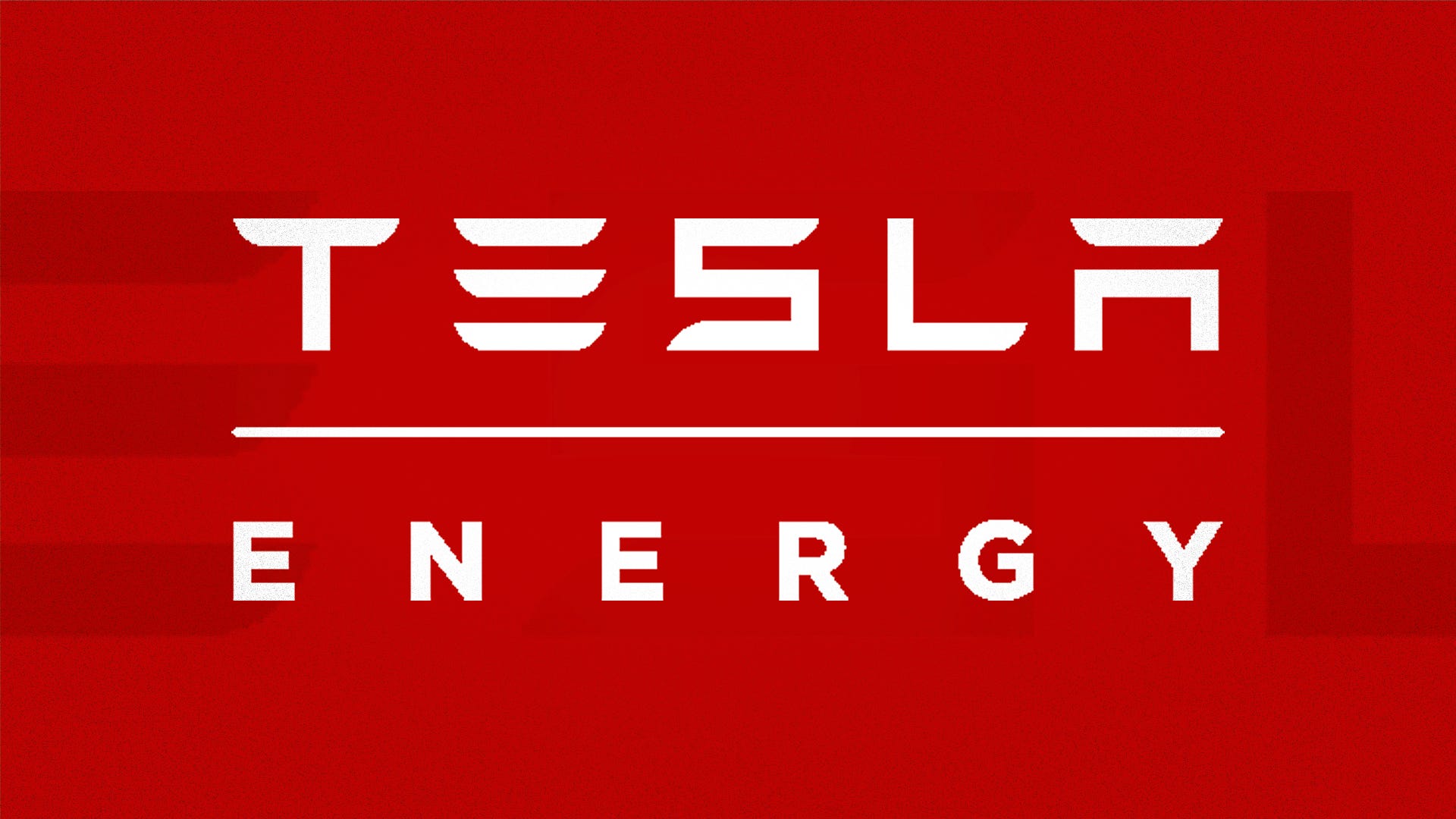
Tesla Solar
Most affordable
Tesla’s solar branch seems to be the least loved of Elon Musk’s ventures. Even Tesla’s Solar Roof seems to get more love.
If price is the thing you won’t budge on, consider Tesla. By all accounts, Tesla installs quality panels and makes the closest thing there is to a household name in solar storage: the Powerwall.
Where you might miss out is customer service. Discussion online seems to suggest Tesla’s service is a bit of a gamble.
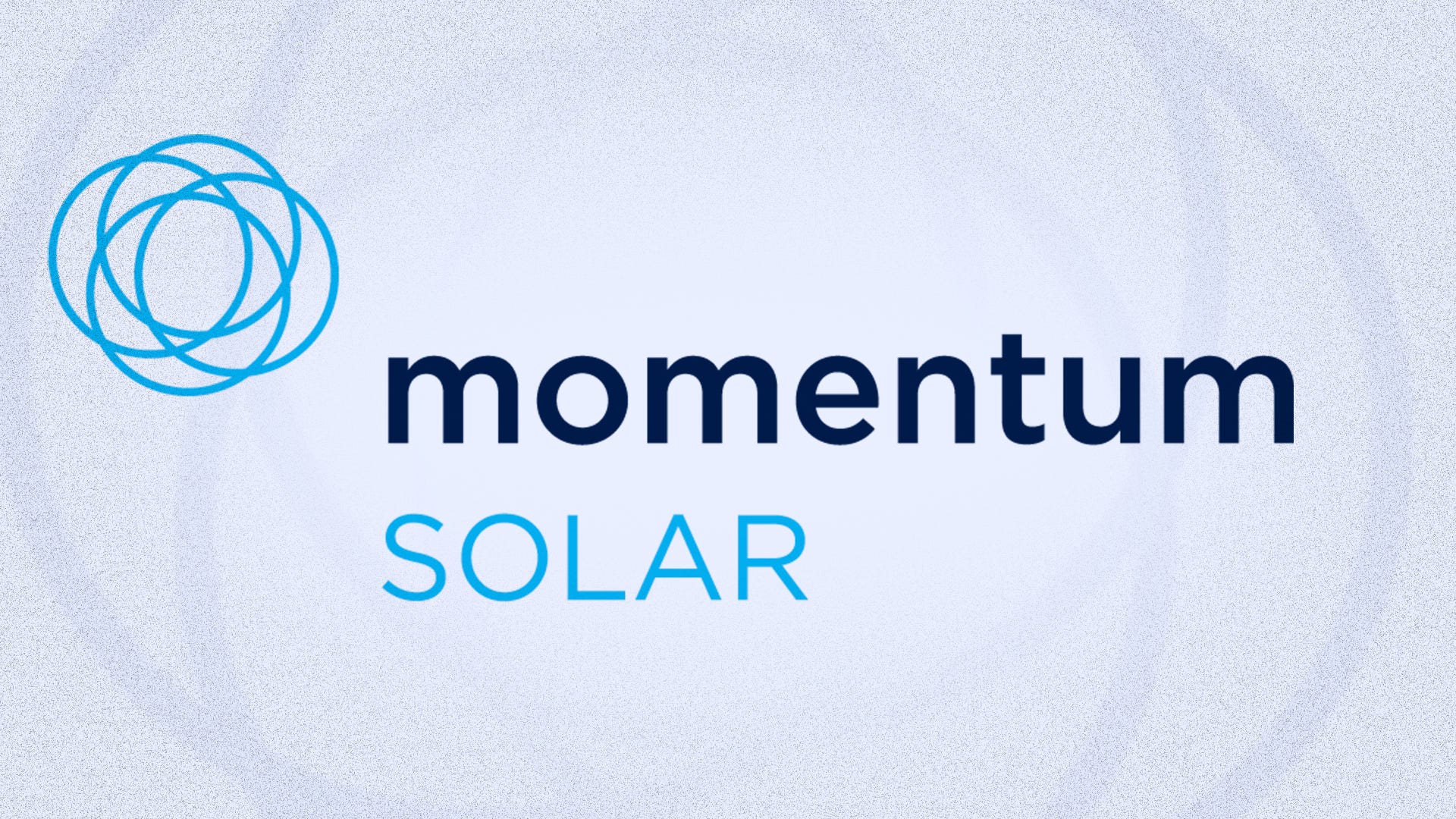
Momentum Solar
All in-house installers
Momentum installs in 11 states without using subcontractors. While using in-house installers doesn’t guarantee a better experience, it does suggest you’re likely to get a more uniform experience from Momentum. The fact that Momentum backs its installations with a 25-year workmanship warranty hints at a strong belief in its crews’ ability. If Momentum is part of your search, consider the warranties against leaks that other companies offer. Momentum’s is five years, which isn’t the best.
Local solar panel companies in Florida
During your solar search, you should consider looking into local solar companies in your area. We pulled a few Florida solar companies with some of the highest average Google review scores. However, it’s important to do some local solar scouting on your own too, or get referrals from people you know. Here are a few local solar companies in Florida that might be worth considering.
Solaria Energy Solutions is an Orlando-based solar company and is one of the most highly rated solar companies in the state. The company does residential and commercial solar installations. All solar panel systems come with a 25-year manufacturer warranty, as well as options for extended warranties. You can pay cash or finance your panels. If you choose to finance your panels, there’ll be no down payment required.
Another highly rated local solar company in Florida is Solar-Ray. Based in Orlando, Solar-Ray has over 19 years in the solar business. The company’s installers are certified by the North American Board of Certified Energy Practitioners, and Solar-Ray claims to have a 100% satisfaction guarantee. In terms of payment, you either pay cash or finance your solar panels.
SunVena Solar is another highly rated solar company in Florida. Based in Sanford, SunVena Solar is a certified Tesla Solar and Tesla Powerwall installer. The company also offers a competitive 25-year solar production and labor guarantee, as well as a 25-year system warranty.
WindMar operates in Puerto Rico and Florida. The company, which was established in 2002, says it has installed solar panels on more than 40,000 homes. WindMar installs Tesla Powerwall batteries. It has an A rating from the Better Business Bureau, with 3 out of 5 stars for customer reviews.
How to determine which solar company in Florida is best for me
The right solar installer for your home is an installer that has experience with the type of solar project that you’re interested in. You’ll want to make sure your solar installer has experience working on the type of roof that you have, and the system type you want installed, such as grid-tied or off-grid.
Ben Delman, a communications director with Solar United Neighbors, a clean energy nonprofit, recommends that homeowners look for solar companies that are certified by the NABCEP and have the proper licensing and bonding for their work. Reading through online reviews from multiple sources can also help you get a better understanding of a solar company’s reputation. A few places to start looking for solar company reviews are Google, Yelp and Angie’s. Delman recommends looking for solar companies that have at least 20 to 30 reviews. Try asking people you know if they have any installer recommendations too.
Aside from certifications and reviews, there are a few other things to look for in a solar company. A good installer, Delman said, will be able to:
- Provide good word-of-mouth references
- Define technical terms in an easy-to-understand manner
- Understand the local permit requirements and the process for system interconnection with the local power company
- Be transparent about pricing and how system financing works
- Clearly explain the project and working deadlines
- Understand homeowners association restrictions and help you navigate and explain that process
- Answer any questions you have, no matter how difficult the questions are
If you’re ever unsure about project or pricing details, always ask for clarification before moving forward with installation. Make sure to shop around and gather multiple quotes for the best price possible. Delman recommends comparing at least three quotes before picking your solar installer.
Read more: Just looking for an emergency backup? Check out portable folding solar panels and solar powered generators.
Cost of solar panels in Florida
Here’s a look at the average cash price for a typical solar panel system before factoring in tax credits and other incentives, according to data from FindEnergy.com.
Average cost of solar panels in Florida
| Typical system size (kW) | Price per watt | Total installed cost | Cost after 30% federal tax credit | |
|---|---|---|---|---|
| Florida | 9 | $3.21 | $28,890 | $20,223 |
| National average | 8.6 | $3.67 | $31,558 | $22,091 |
We’ve also put together a helpful graphic to illustrate the average total cash price, cost per watt and system size for a typical solar panel setup in your state, according to data from FindEnergy.com. The prices shown in the infogram below don’t factor in tax credits or state incentives. Certain states don’t have any FindEnergy solar data and are grayed out on the map.
Florida solar panel incentives and rebates
When considering the cost of a solar system in Florida, you should also factor in solar incentives, tax credits and rebates, which can significantly reduce the price.
The biggest incentive is the federal residential clean energy credit, which credits 30% of the total cost of a solar panel system back when you file your income taxes.
In addition to the federal tax credit, there are several Florida solar incentives. Some utility companies offer solar incentives, so check with your electricity provider for more details about incentives specific to your area. Here are a few examples of Florida solar incentives.
| Program | Description |
|---|---|
| Net Metering Programs | Net metering lets you send extra solar energy generated by panels back to the power grid in exchange for credits on electricity bills. |
| Property Tax Exemption | Installing solar panels on your home can increase the home’s value, thereby increasing your property taxes. Florida exempts residents from paying increased property taxes after installing solar panels. |
| Sales and Use Tax Exemption | Solar systems purchased in Florida are exempt from sales and use tax. |
How to pay for solar panels in Florida
Solar panels are an expensive investment. If you’re serious about going solar, take some time to think through all your options and find the best payment method for your financial needs. Here are a few common ways to pay for your solar panels.
Cash: If it’s in your budget, paying for your solar panels with cash is your best option. There won’t be any financing fees or high interest rates, and your eligibility for tax incentives and rebates won’t be at risk. If you plan to go solar in the future, consider putting some money into a high-yield savings account, which will help you generate more money over time.
Solar loan: Solar companies usually offer financing options for solar panels, often referred to as a solar loan. These loans are typically overseen by a third party, so carefully look through any associated fees and interest rates.
Other loans: You have other financing possibilities beyond a solar loan. Taking out a personal loan with your bank or opening a home equity line of credit are a couple other options. However, if you choose to go with a HELOC, there are some risks involved. If you can’t pay back what you owe, your home could face foreclosure.
Lease or power purchase agreement: If you aren’t interested in owning solar panels, you can sign a solar lease or enter a power purchase agreement. A solar lease means you’ll pay for the use of a company-owned solar system. Entering a power purchase agreement means you’ll pay for the electricity generated by a company-owned system at a fixed rate. This rate is usually lower than the retail rate provided by the local power company. Ask your solar provider which options are available for you.
Installation factors to consider
Before investing in solar panels, there are several factors to consider that can impact whether solar is right for you. Here are some installation aspects to think about ahead of time.
- What is the age and condition of your roof? If your roof is older or in poor shape, you should consider repairing or replacing it before installing solar panels. Additionally, the size, shape and slope of your roof can affect how much electricity your solar system produces. The Department of Energy says solar panels are most efficient on south-facing roofs with a slope of between 15 to 40 degrees.
- Are there neighborhood or HOA regulations where you live? Some HOAs or neighborhood associations may have an approval process, regulations or design requirements for solar panels. Before installing panels on your property, be sure to check the regulations in your neighborhood.
- Can you insure your solar system? Most homeowners’ insurance policies cover rooftop solar panels. After installation, contact your homeowner’s insurance agency to update your policy, so it includes coverage for your solar panels.
- Does your home receive adequate sunlight? Solar panels will produce more electricity in direct sunlight (although they can still generate some electricity in indirect sun). A solar panel system will be most efficient when it receives at least 4 hours of direct sunlight daily. Florida tends to experience more sunny days than the national average and solar panel systems usually run efficiently for Floridians. However, if your home gets shade coverage throughout the day, your solar panels won’t generate as much power as they would in direct sunlight.
- Are you renting your home? If you rent your home or live in an apartment, condo or townhouse, you may not be allowed to install solar panels. Consult with your landlord or property manager to confirm whether rooftop solar is an option. If you’re prohibited but still want to switch to solar energy, community solar programs present an alternative. Community solar (sometimes called shared solar) lets you subscribe to electricity from solar panels at another location. You then receive a credit on your energy bills. According to the National Renewable Energy Laboratory, Florida leads the nation in community solar capacity, accounting for more than 30% of US power generated by shared solar projects.
How we found the best solar companies
Doing a hands-on review of a solar company and accounting for all the differences between projects is tricky. Instead, we focused on what we can evaluate and measure among solar companies.
When evaluating solar companies, we focus on three categories: equipment, warranties and service.
In the equipment category, companies receive scores for the solar panels, batteries and inverters they install. The warranty category includes the guarantees on the solar panels, workmanship and weatherization against leaks. Companies earn points in the service category if they offer a price match guarantee, a decent level of price transparency and a highly rated app for monitoring solar energy production. Companies lose points if there are any major issues concerning customer service, including lawsuits, investigations or reputations for low-quality service. These service issues will always be detailed in the review.
Here’s a more detailed look at how we break down the scoring.
We don’t consider the average price of a company’s installations in their score. Accurate pricing information is hard to find and tricky to compare across service areas and project to project. Companies are often slow to disclose their prices as well. We also leave out easy-to-find (but not useful information), such as how many states a company operates in.
Florida solar power FAQs
Are solar panels good for the environment?
Solar power is a renewable resource and tends to be greener and more sustainable than coal or gas, which are fossil fuels. While manufacturing solar panels can have an environmental impact on the surrounding area, fossil fuels emit greenhouse gasses (including carbon dioxide), which have been directly linked to global warming, air pollution and climate change. Scientists warn that we need a rapid transition from fossil fuels to avoid worsening climate change. Solar energy is greener than fossil fuels because the sun will always produce energy and converting solar energy into electricity doesn’t produce greenhouse gasses.
Are solar panels worth it in Florida?
Yes. Solar panels can be a good investment in Florida because the state receives many sunny days, meaning solar systems can produce more electricity than in other states. What’s more, Florida tends to experience more expensive residential electricity rates, making switching to solar a good investment.
How can I find a solar installer in Florida?
There are a growing number of solar installers in Florida. Before signing a contract with a solar company, research and review your options, including reading customer reviews. It would be best if you also got multiple quotes from installers in your area. You can review CNET’s choices for the best solar companies.
Does FPL pay you for solar panels?
Florida Power & Light Company, the state’s largest utility, provides several programs related to solar energy. Among them is a net metering policy that credits your electric bill for energy provided to the grid by your solar panels.
What type of solar panel is best for Florida?
You’ve got plenty of different types of solar panels to choose from. The best choice will depend on your own personal needs and wants. Do you want a more efficient panel or a more affordable one? Do you want them to be blue or black? Do you want solar panels or a solar roof? Talk through your options with potential installers.




















+ There are no comments
Add yours